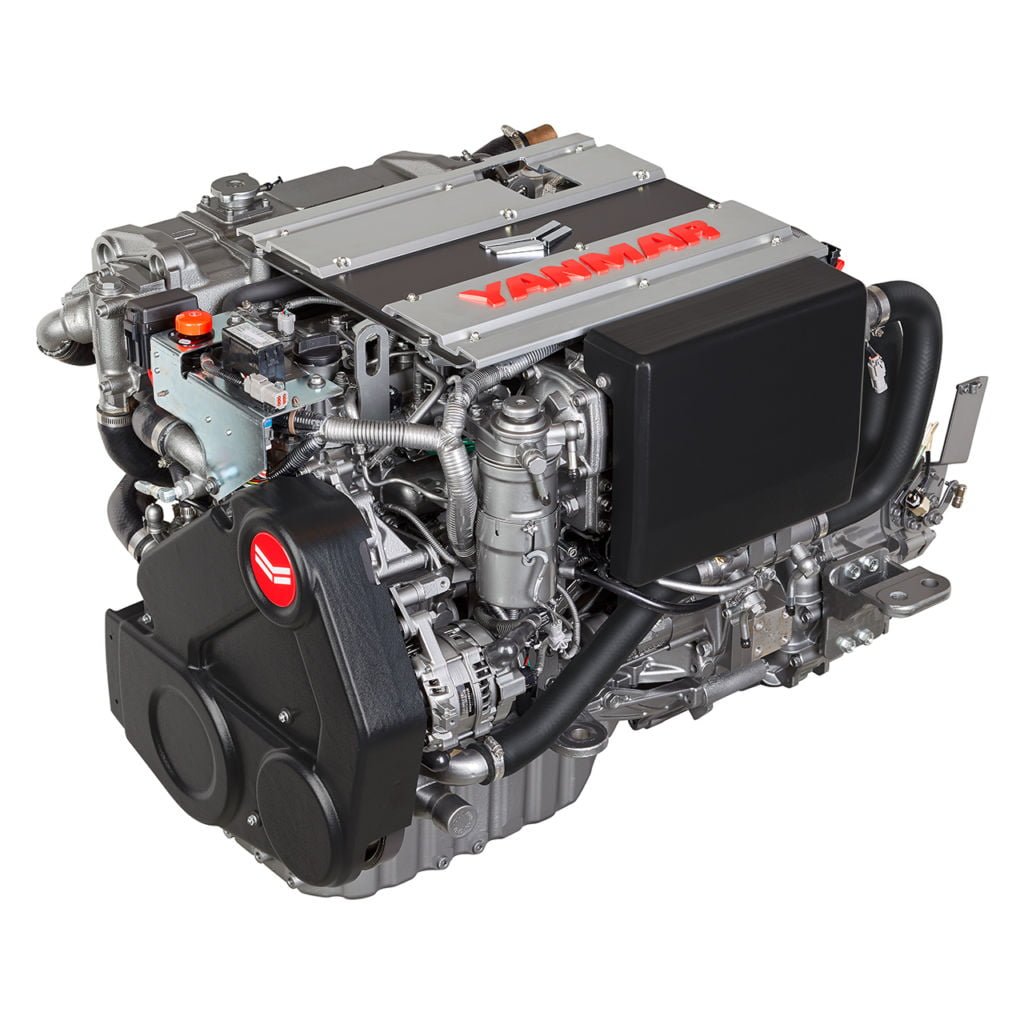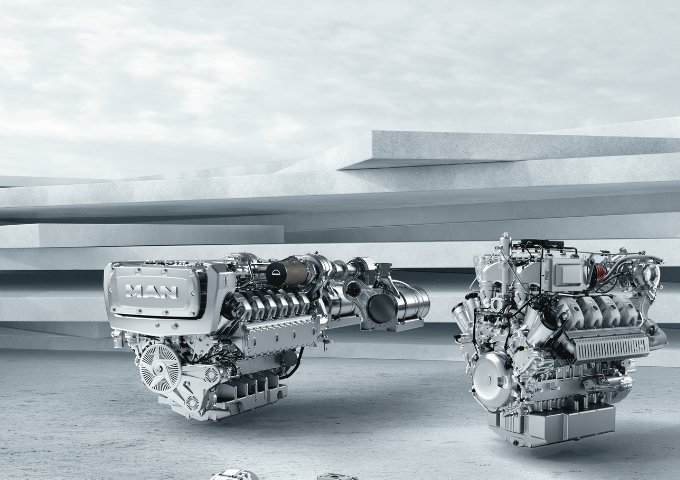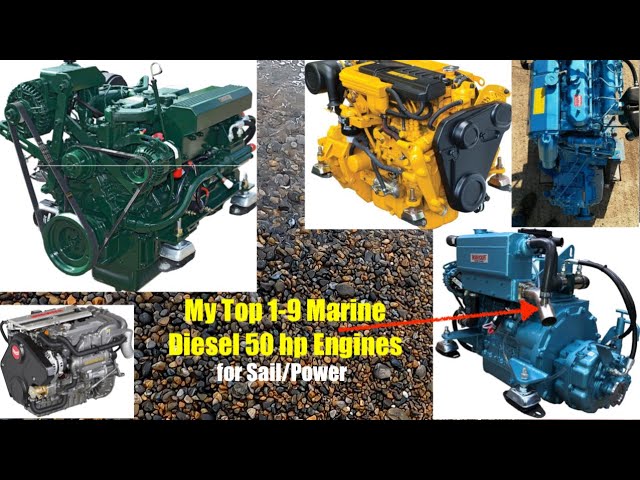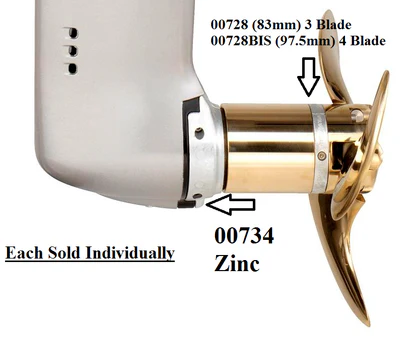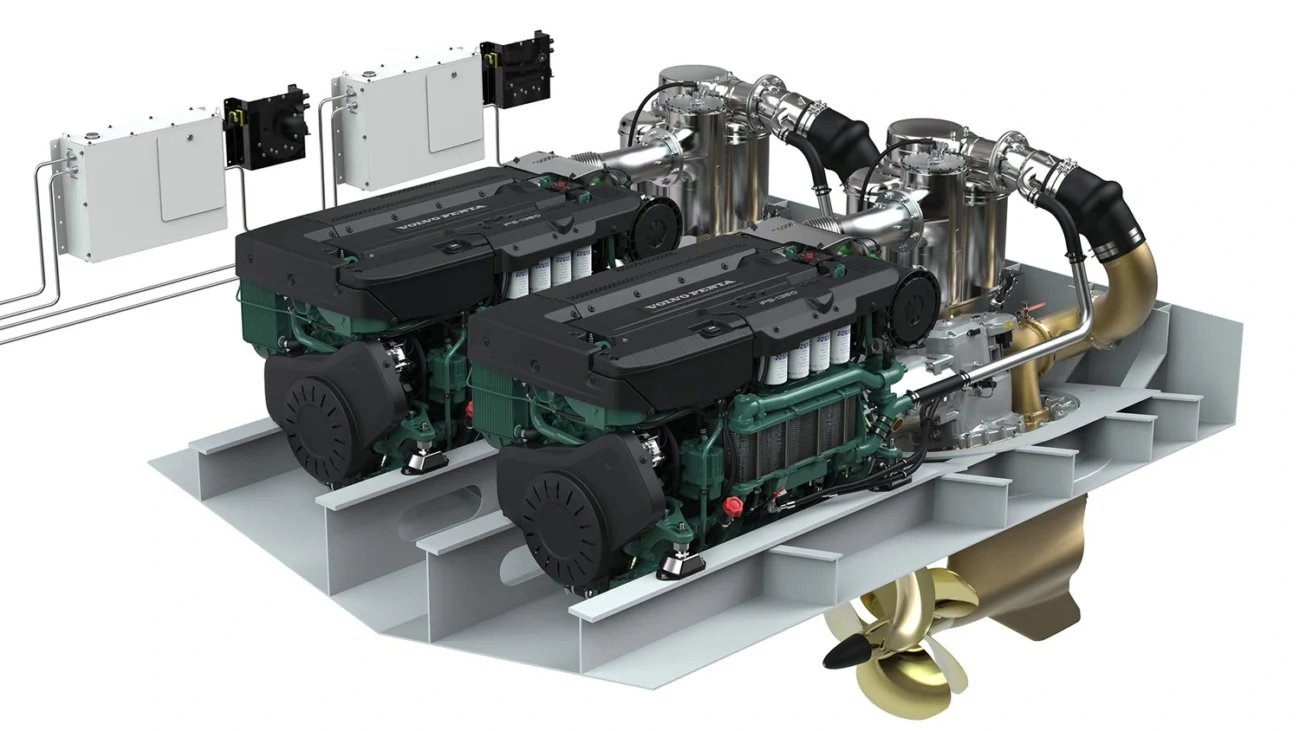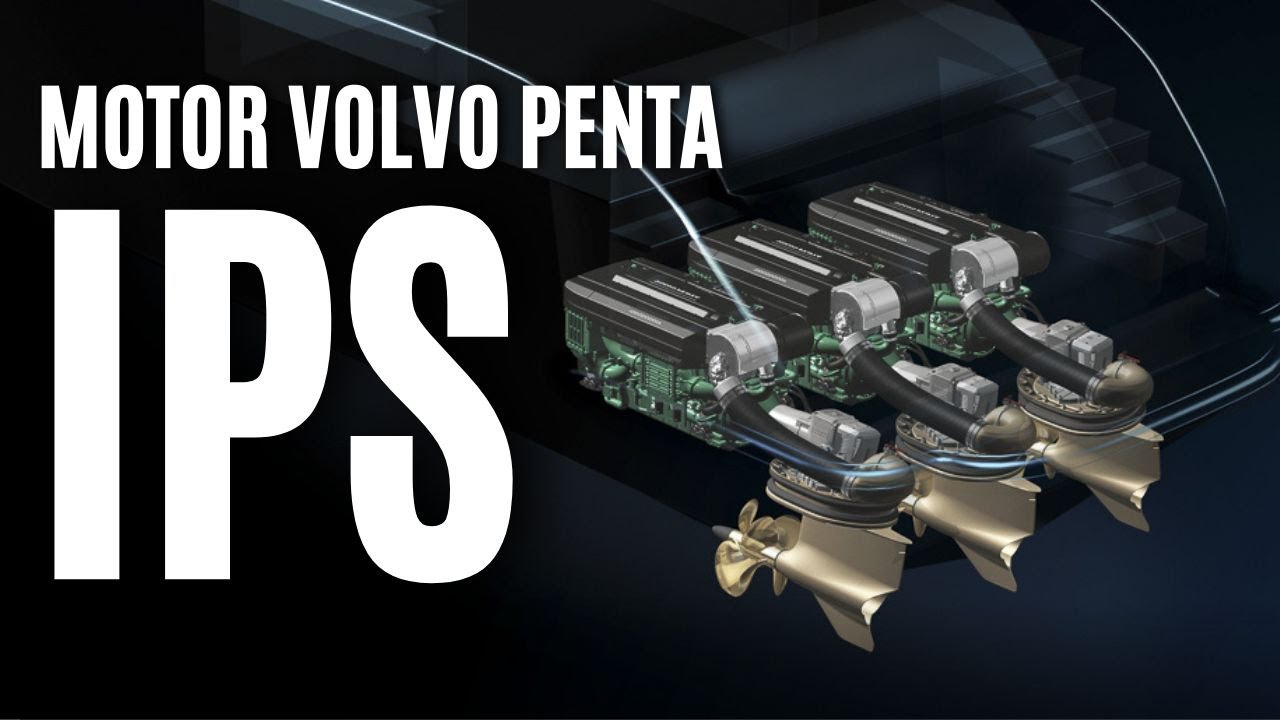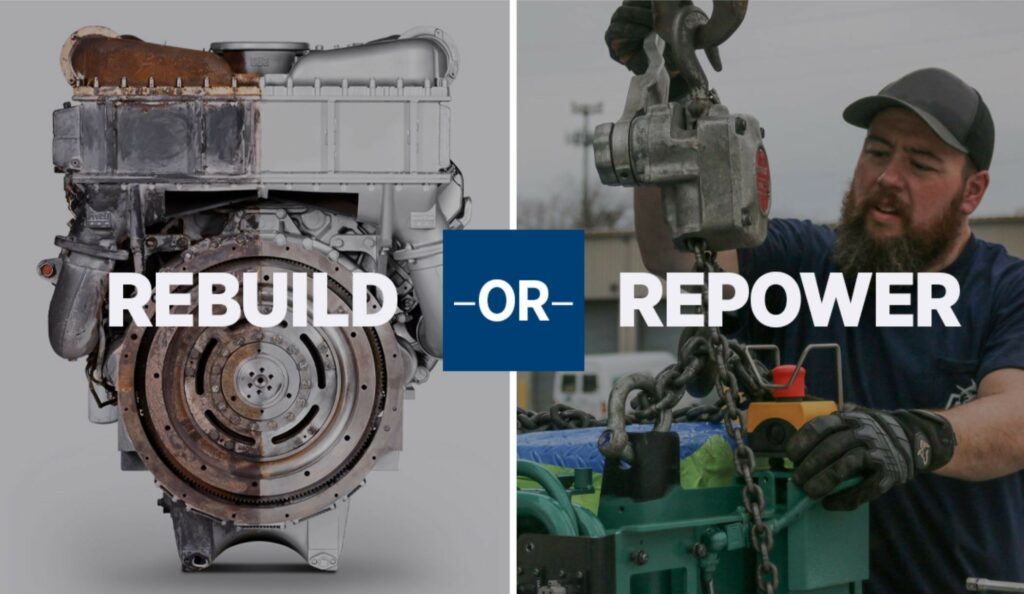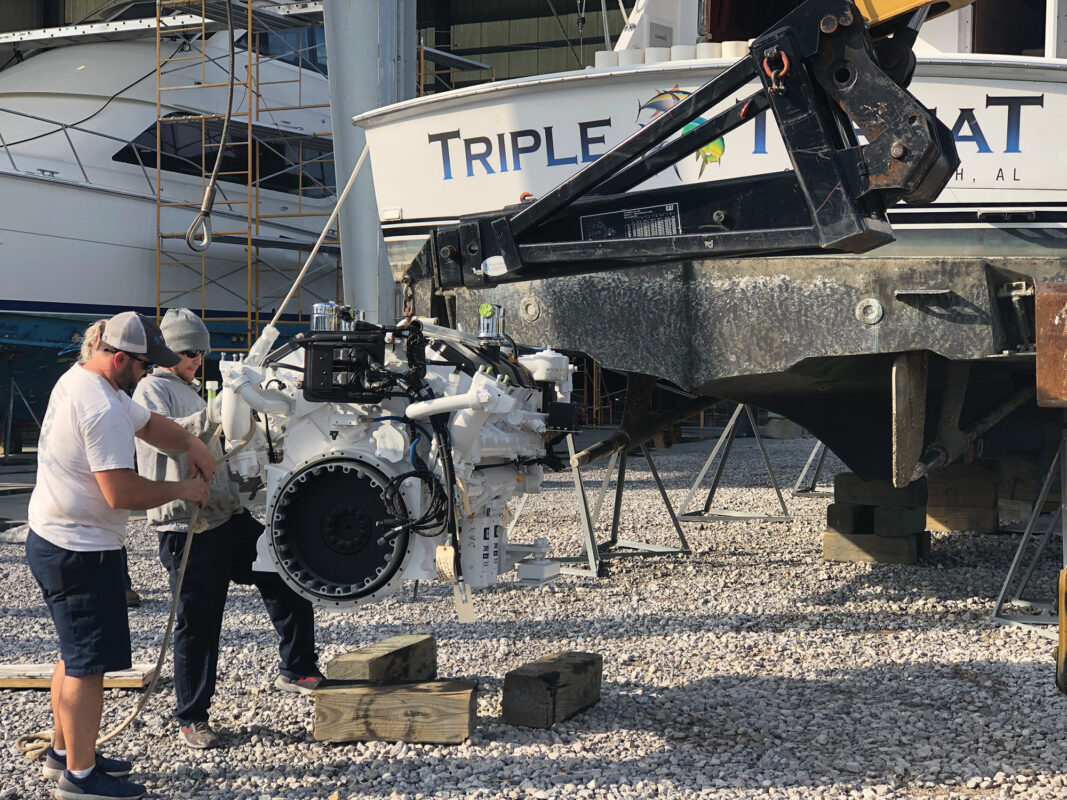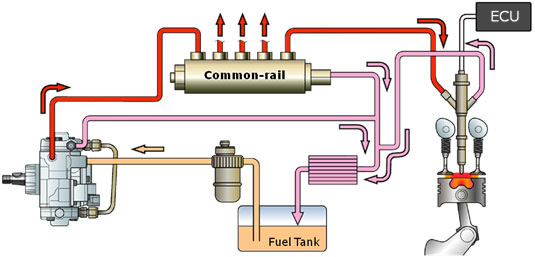Yanmar vs. Volvo Penta vs. Vetus: The 2025 Guide to Premium Marine Diesels
An expert breakdown of performance, reliability, and cost to guide your next repower or purchase.
Introduction
[Image: A split image showing a sleek yacht, a sturdy sailboat, and a classic trawler all under power.]
Image Caption: Different vessels have different needs. The “best” engine depends entirely on your boat and how you use it.
Selecting a new marine engine is one of the most significant investments a vessel owner can make. When the conversation turns to premium powerplants in the 100-500 horsepower range, three names consistently rise to the top: Yanmar, Volvo Penta, and Vetus.
This isn’t a decision to be made on brand loyalty alone. At Wave Inboard Motors, with decades of hands-on experience providing Marine Engine Installation Services and Marine Engine Repowering Solutions, we’ve seen the strengths and weaknesses of each brand firsthand. The “best” engine is the one that perfectly aligns with your vessel’s design, your operational profile, and your budget.
This guide cuts through the marketing to provide a clear, unbiased comparison based on engineering, global support, and real-world performance. Let’s dive in.
The Contenders at a Glance
| Brand | Core Identity & Heritage | Common Use Cases |
|---|---|---|
| Yanmar | The Global Standard. Japanese engineering focused on compact, lightweight, and incredibly reliable engines. A dominant force in sailboats and mid-size yachts. | Sailboat auxiliaries, trawlers, sportfish boats, workboats. |
| Volvo Penta | The Integrated Innovator. Swedish innovation with a focus on complete, user-friendly systems (e.g., IPS, Electronic Vessel Control). Strong in the leisure and high-performance markets. | High-performance yachts, family cruisers, sailboats, commercial craft. |
| Vetus | The Dutch Master of Packaging. Specializes in creating compact, fully-integrated “power packages,” often utilizing proven industrial base engines from Deutz and others. | Repowers, space-constrained installations, motor yachts. |
Head-to-Head: Key Comparison Factors
1. Performance & Engineering
[Image: A detailed side-view cutaway of a Yanmar engine, highlighting its compact cylinder head and injection system.]
Image Caption: Yanmar’s engineering prioritizes a high power-to-weight ratio, achieved through compact, lightweight component design.
-
Yanmar: Renowned for high power-to-weight ratios. Their engines are typically compact and light, making them ideal where every pound and inch counts. Performance is robust and dependable across their range.
-
Volvo Penta: Often at the forefront of marine propulsion technology, especially with their pod drives (IPS). Engines are smooth, quiet, and feature sophisticated electronic management for optimal performance and fuel efficiency.
-
Vetus: Leverages the torque-rich, durable base engines from Deutz (for larger models) and Mitsubishi. The focus is less on being the absolute lightest and more on creating a powerful, smooth, and complete propulsion package.
Verdict: For pure, lightweight efficiency, Yanmar leads. For cutting-edge, integrated tech, Volvo Penta shines. For robust torque in a smart package, Vetus is a top contender.
2. Reliability & Durability
[Image: A weathered but clean Volvo Penta D4 engine with high hours, shown in a well-maintained engine room.]
Image Caption: Well-maintained engines from all three brands can achieve high operational hours. Volvo Penta’s reliability is strong, though complexity can mean higher repair costs.
-
Yanmar: Has a legendary reputation for bulletproof reliability, particularly in their smaller sailboat engines. Their global presence means their designs are proven in all conditions.
-
Volvo Penta: Builds highly reliable engines, though their complexity with integrated electronics can sometimes lead to more expensive repairs when issues arise.
-
Vetus: The use of Deutz engines—famous for their air-cooled heritage and industrial application—provides a foundation of exceptional mechanical durability. Their simpler packaging can be a reliability benefit.
Verdict: All three are highly reliable. Yanmar and Vetus (with Deutz base) often get a nod for mechanical simplicity, while Volvo Penta’s complexity is in service of advanced features.
3. Parts & Service Network
[Image: A world map with pins highlighting major port cities, with Yanmar logos clustered densely across all regions.]
Image Caption: Yanmar’s global dealer and parts network is arguably the most extensive, a critical factor for bluewater cruisers.
-
Yanmar: Arguably the most extensive global parts and service network. You can find a Yanmar mechanic and parts in almost every major port worldwide.
-
Volvo Penta: Also has a very strong global dealer network, though parts can carry a premium price tag. Their proprietary systems often require dealer software for diagnostics.
-
Vetus: The network is strong, particularly in Europe, but may not be as ubiquitous as Yanmar or Volvo in remote corners of the world. Parts for the base engines (Deutz, Mitsubishi) are often globally available through industrial channels.
Verdict: Yanmar wins on pure ubiquity. Volvo Penta is a very close second in most cruising grounds. It’s wise to confirm local Vetus support for long-range cruising plans.
4. Cost & Value
[Image: A simple, clear bar chart comparing the relative initial purchase cost, part cost, and long-term value of Yanmar, Volvo Penta, and Vetus.]
Image Caption: Value is more than just purchase price. Consider long-term maintenance and parts costs against initial investment.
-
Yanmar: Positioned as a premium product with pricing to match. The value is in the proven reliability and resale value.
-
Volvo Penta: Typically the most expensive option, both for initial purchase and for parts. You are paying for the R&D and advanced integrated systems.
-
Vetus: Often represents excellent value, offering premium features and performance at a more competitive price point than the other two. Their “complete package” can also save on installation time and cost.
Verdict: Vetus often wins on initial purchase price. Yanmar offers strong long-term value through reliability. Volvo Penta commands a premium for its technology.
Which Brand is Right for You? An Expert Recommendation
[Image: Three clear photos side-by-side: a Yanmar in a sailboat, a Volvo Penta IPS pod drive on a performance yacht, and a compact Vetus “power pack” installed in a tight engine room.]
Image Caption: Visualizing the ideal application: Yanmar for sailboats, Volvo for tech-forward yachts, and Vetus for smart, compact repowers.
Choose YANMAR if…
-
Your top priorities are lightweight design, global parts availability, and proven, no-nonsense reliability.
-
You are repowering a sailboat or a planing hull where weight savings are critical.
-
You cruise remotely and need the peace of mind that comes with the most widespread service network.
Choose VOLVO PENTA if…
-
You want the latest technology, such as the 【Benefits of Volvo Penta IPS Pod Drives】 for better performance and maneuverability.
-
Smooth, quiet operation and integrated electronic controls (EVC) are high priorities.
-
Your vessel is a modern motor yacht or cruiser where the premium cost is justified by the advanced features.
Choose VETUS if…
-
You are working with a tight engine room and need a compact, smartly packaged solution.
-
You value the robust, torque-heavy character of a Deutz-based engine.
-
Your 【Marine Engine Repowering Project】 requires a direct, cost-effective replacement for an older engine, and you appreciate the value of a fully-inclusive “power pack.”
Frequently Asked Questions (FAQ)
Q1: Which brand is the most reliable: Yanmar, Volvo Penta, or Vetus?
A: All three are highly reliable when properly maintained. Yanmar has a legendary reputation for simple, bulletproof reliability, especially in smaller horsepower. Vetus, using Deutz blocks, is known for immense mechanical durability. Volvo Penta is also very reliable, but its advanced electronics can lead to more complex and costly repairs if they fail.
Q2: Is Volvo Penta more expensive to maintain than Yanmar?
A: Generally, yes. Volvo Penta parts and proprietary diagnostic tools often come at a premium. Yanmar parts are widely available and can be more competitively priced. For a detailed plan, our 【Scheduled Marine Diesel Maintenance】 page outlines typical service intervals and costs.
Q3: I have a tight engine room for a repower. Which brand is best?
A: This is where Vetus truly excels. They specialize in designing compact, complete “power packages” that often fit where other engines won’t. Yanmar is also a strong contender due to its generally compact dimensions.
Q4: For a bluewater cruising sailboat, which engine should I choose?
A: For maximum peace of mind in remote locations, Yanmar is often the top choice due to its unparalleled global dealer and parts network. Its simplicity also means more mechanics worldwide are familiar with it.
Q5: What is the single biggest mistake people make when choosing between these brands?
A: Focusing only on the engine’s sticker price and not the Total Cost of Ownership, which includes installation complexity, future parts costs, and expected fuel efficiency. A cheaper engine that is difficult to install or service in your location can end up costing more in the long run.
The Final Word
There is no single “best” brand—only the best brand for your specific situation. A Yanmar might be the perfect heart for a globe-trotting sailboat, a Volvo Penta the ideal tech for a modern express cruiser, and a Vetus Deutz the smartest solution for a space-constrained trawler repower.
Before you decide, a professional 【Marine Engine Diagnostic Service】 can assess your current setup and identify any peripheral systems that need attention during a repower. This ensures your new engine is installed in a system worthy of its capabilities.
Still unsure? Contact the experts at Wave Inboard Motors. We’re not affiliated with any single brand; our goal is to match you with the perfect engine for your voyage ahead.


